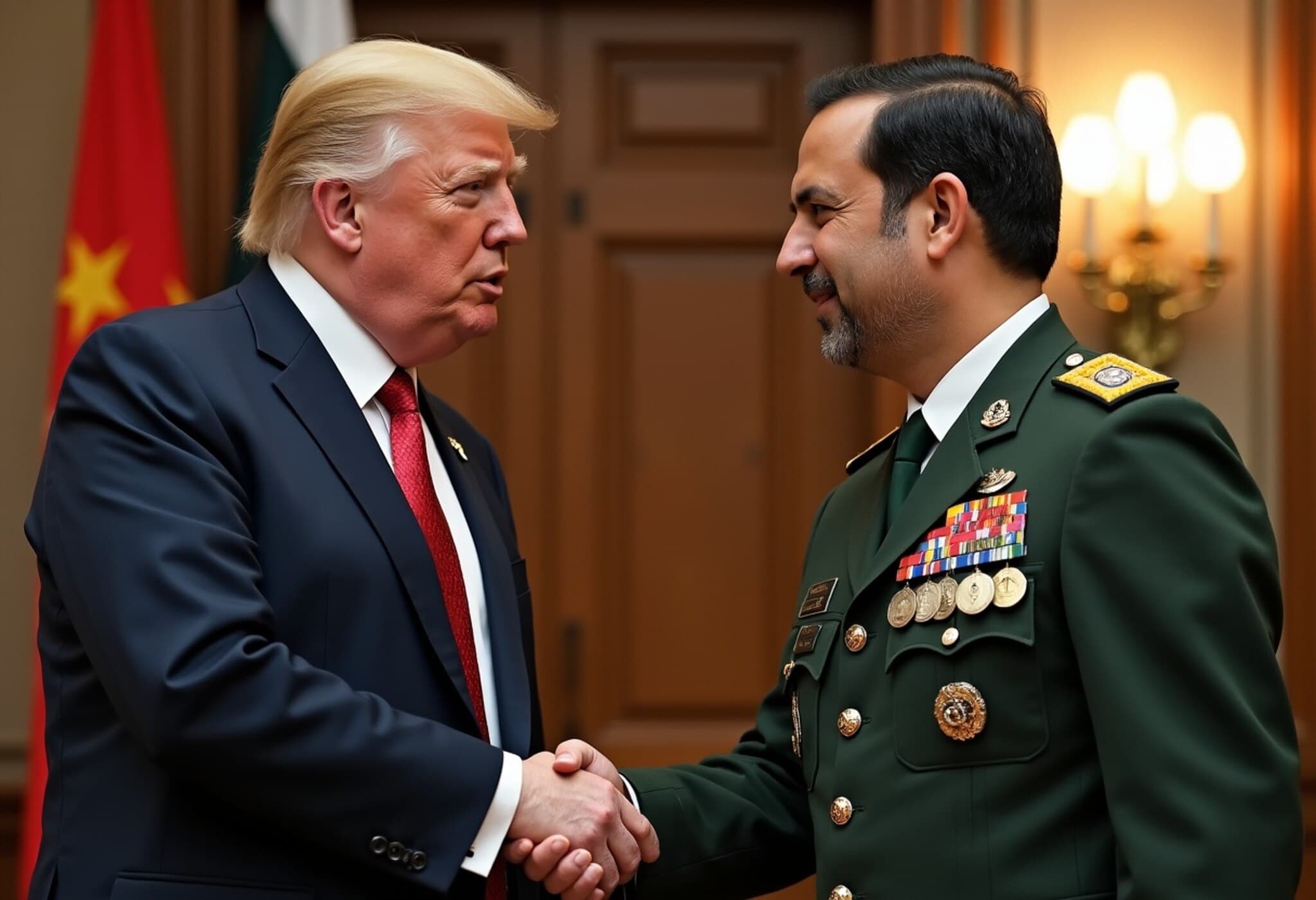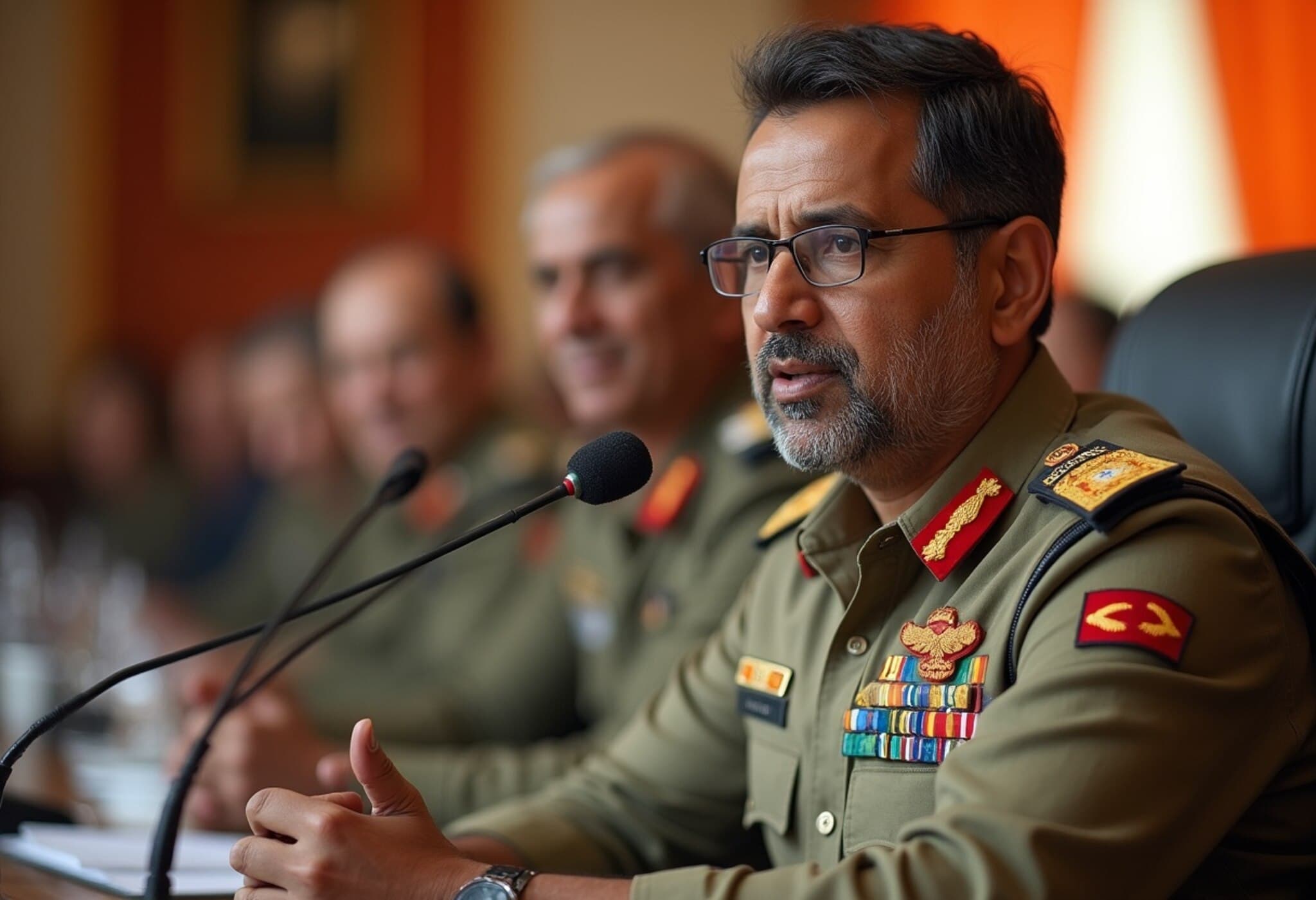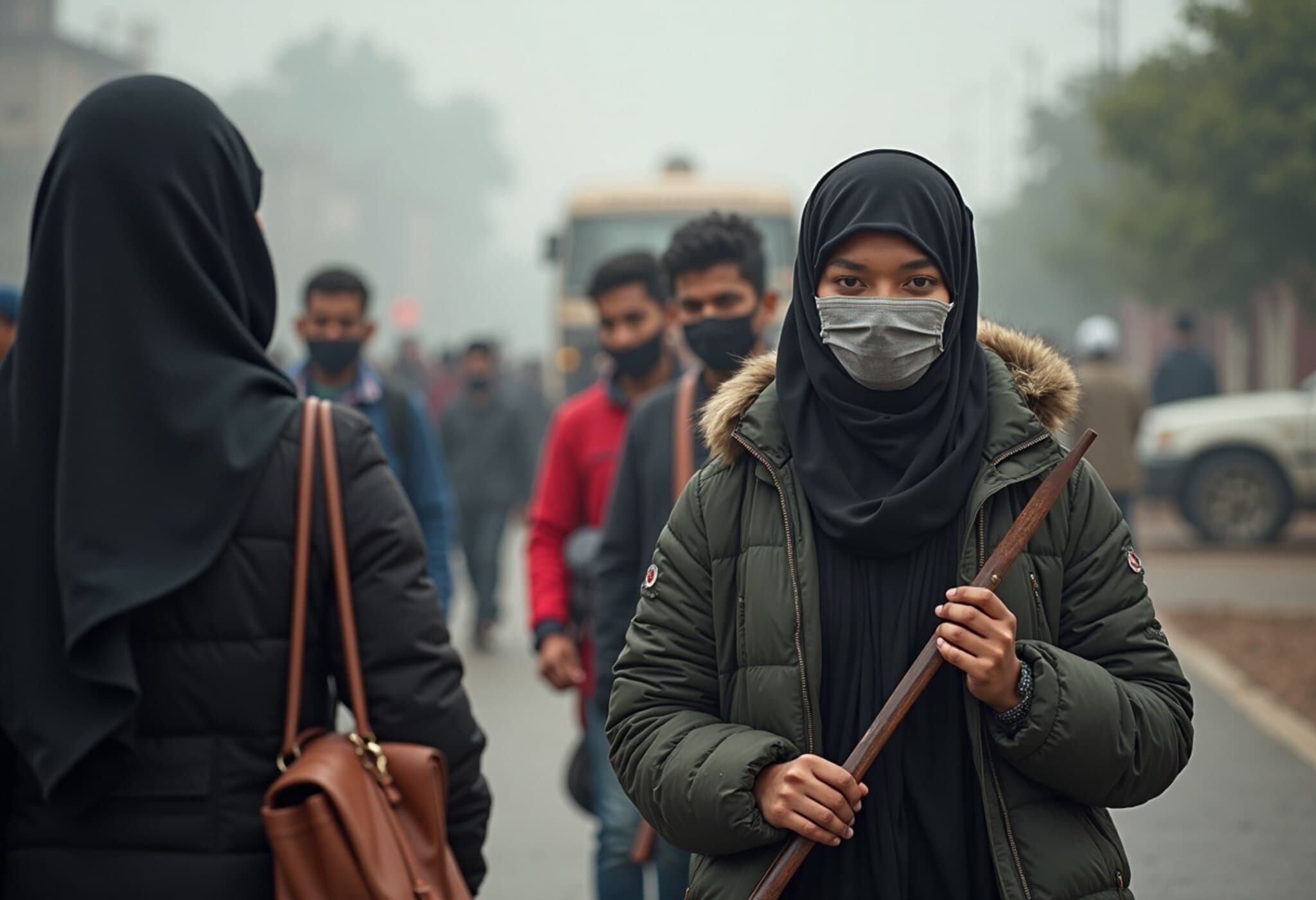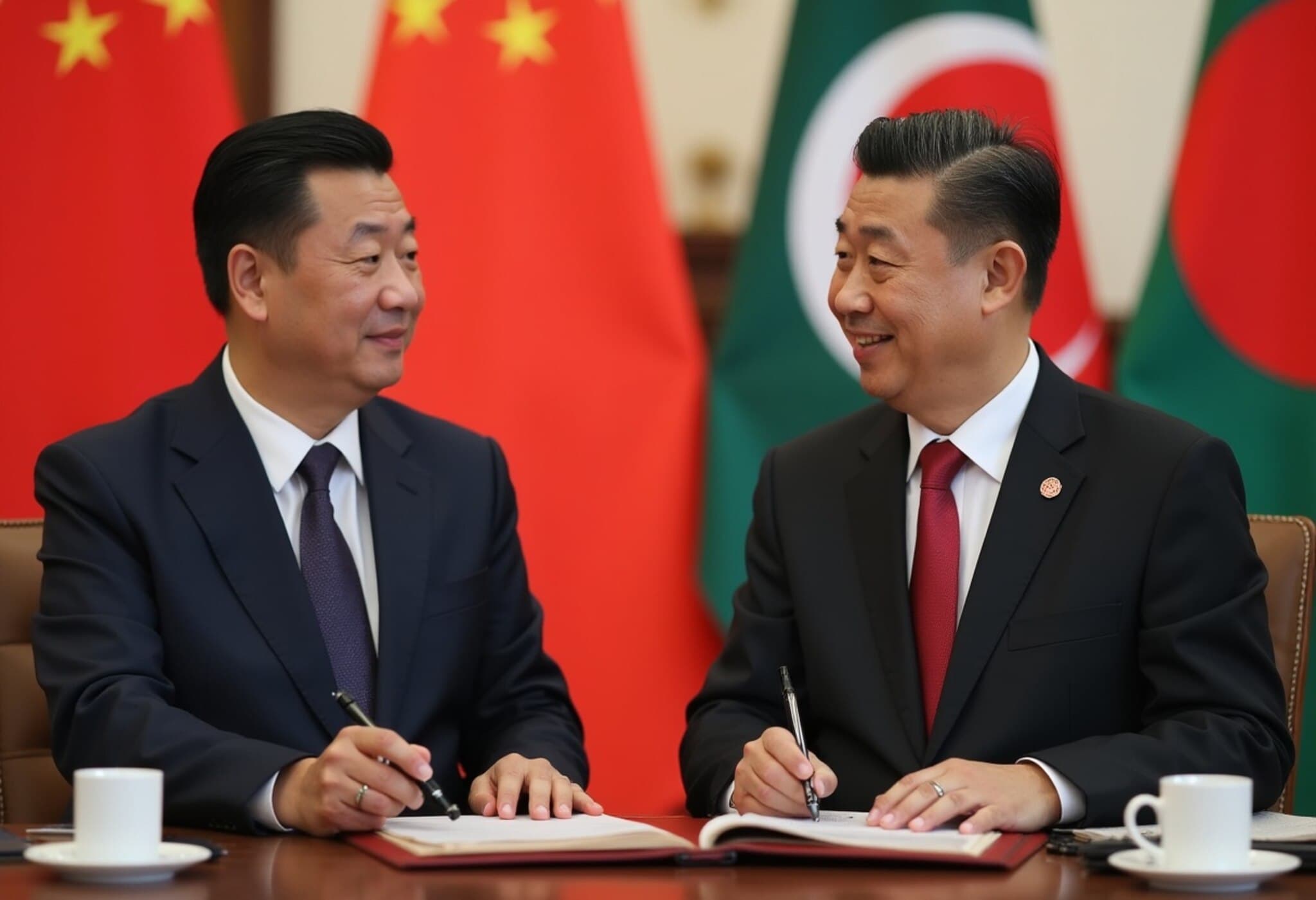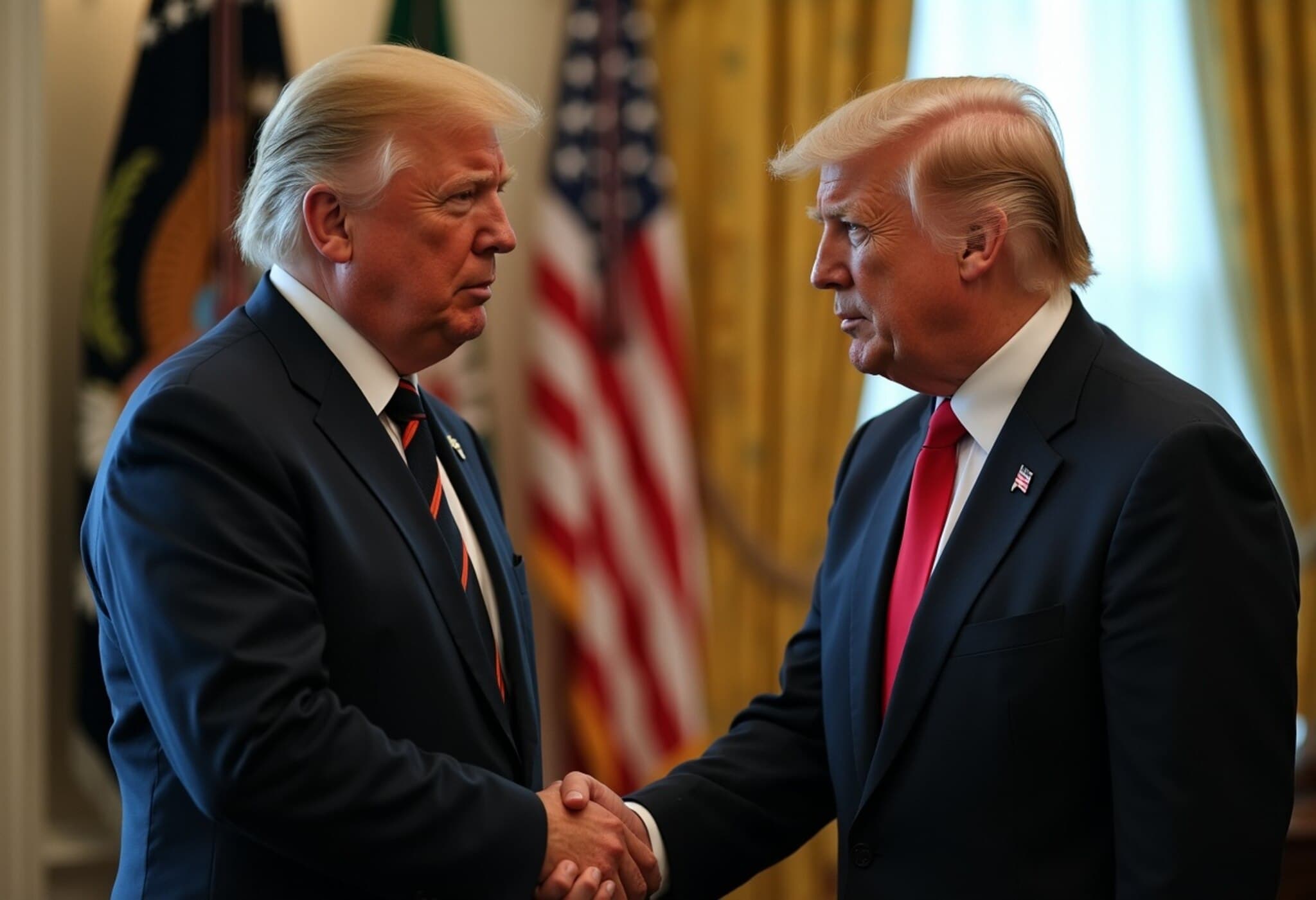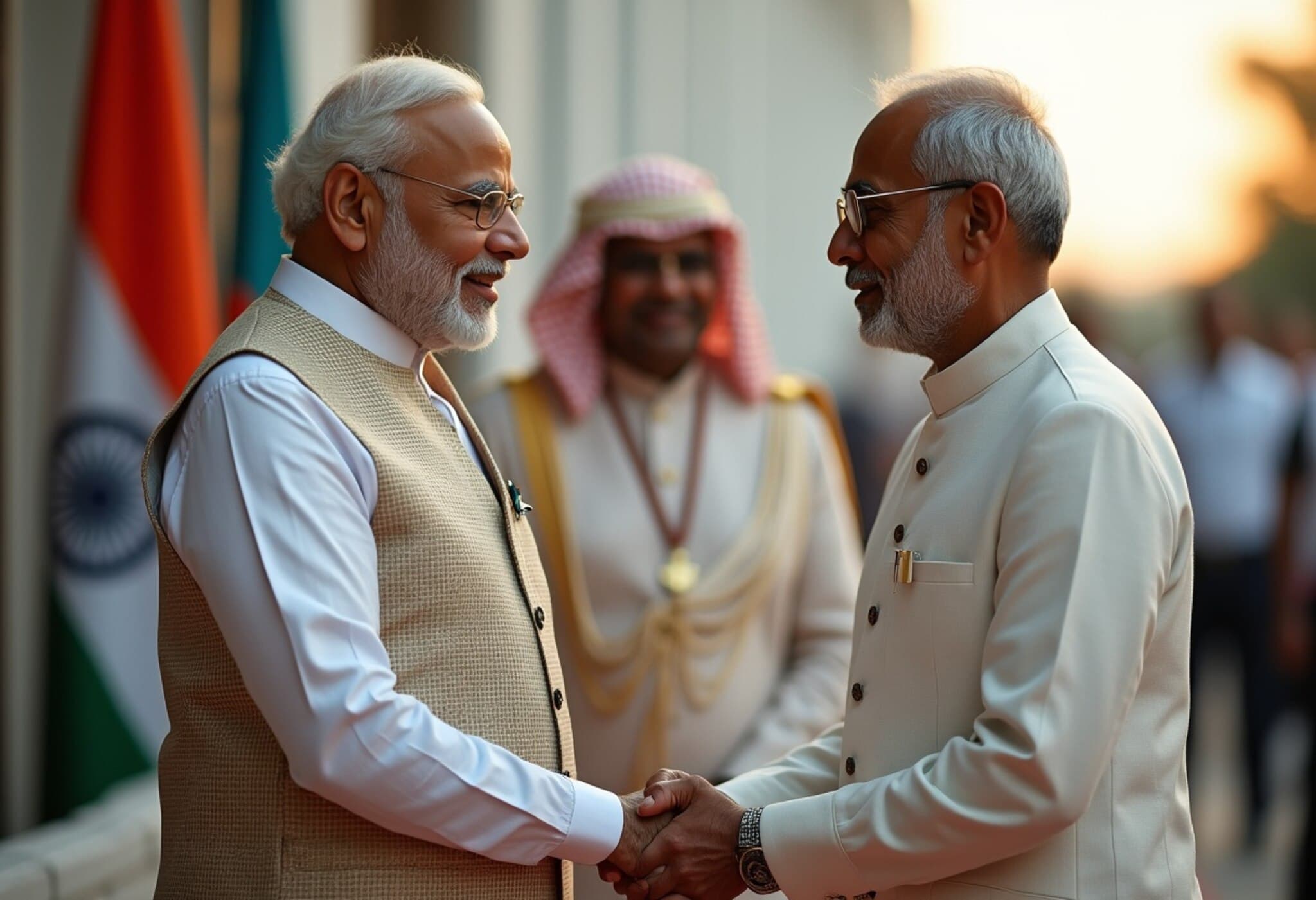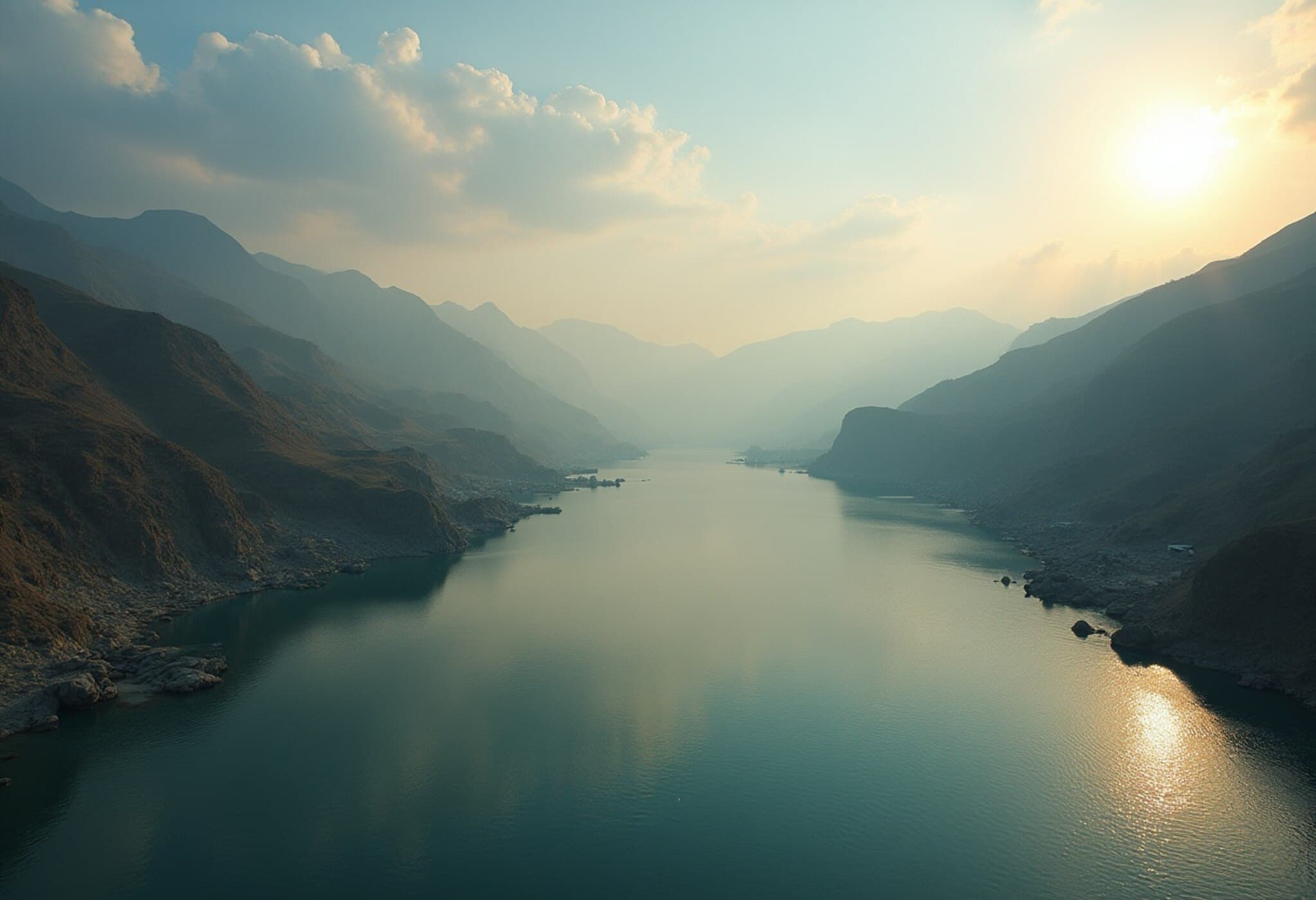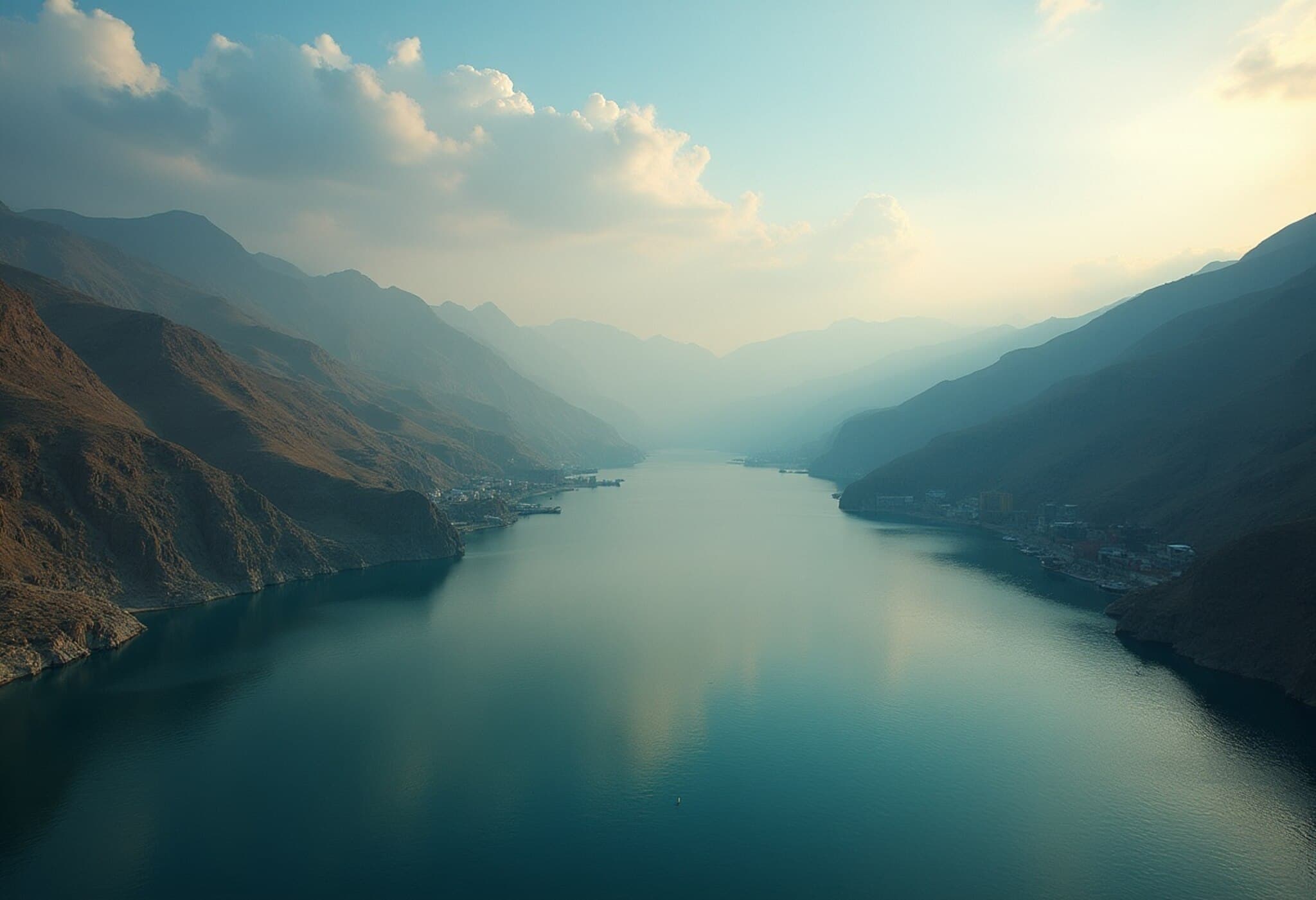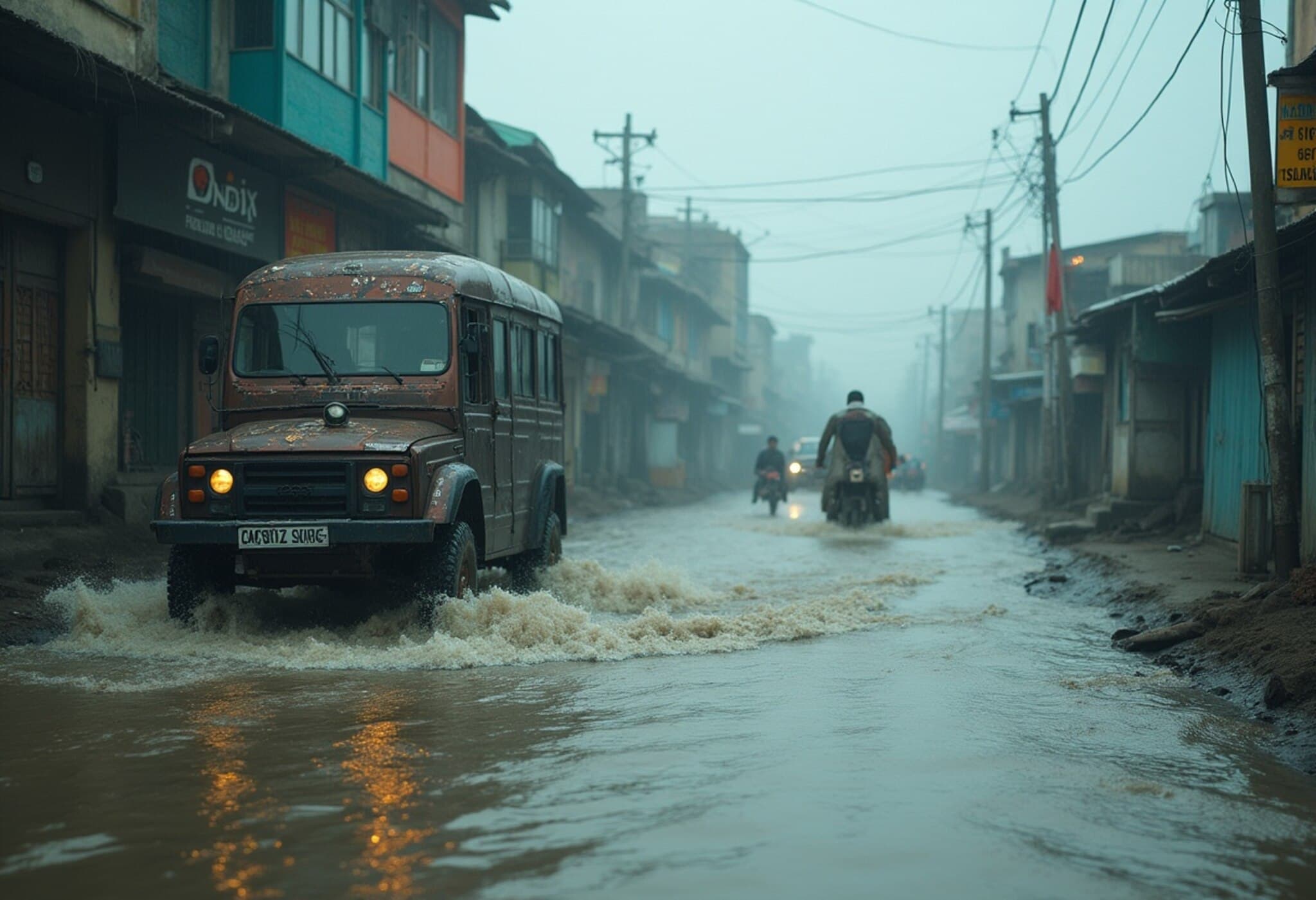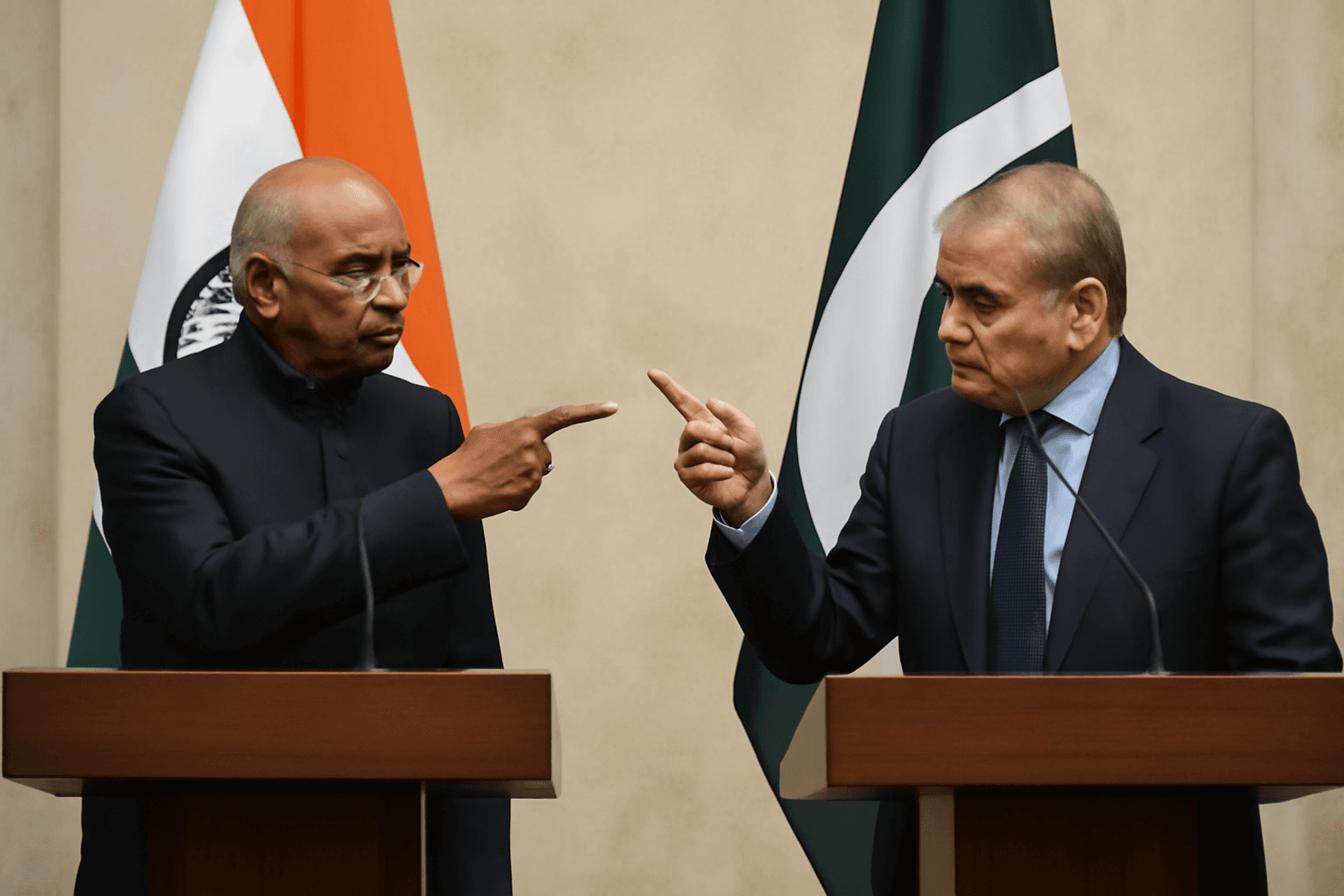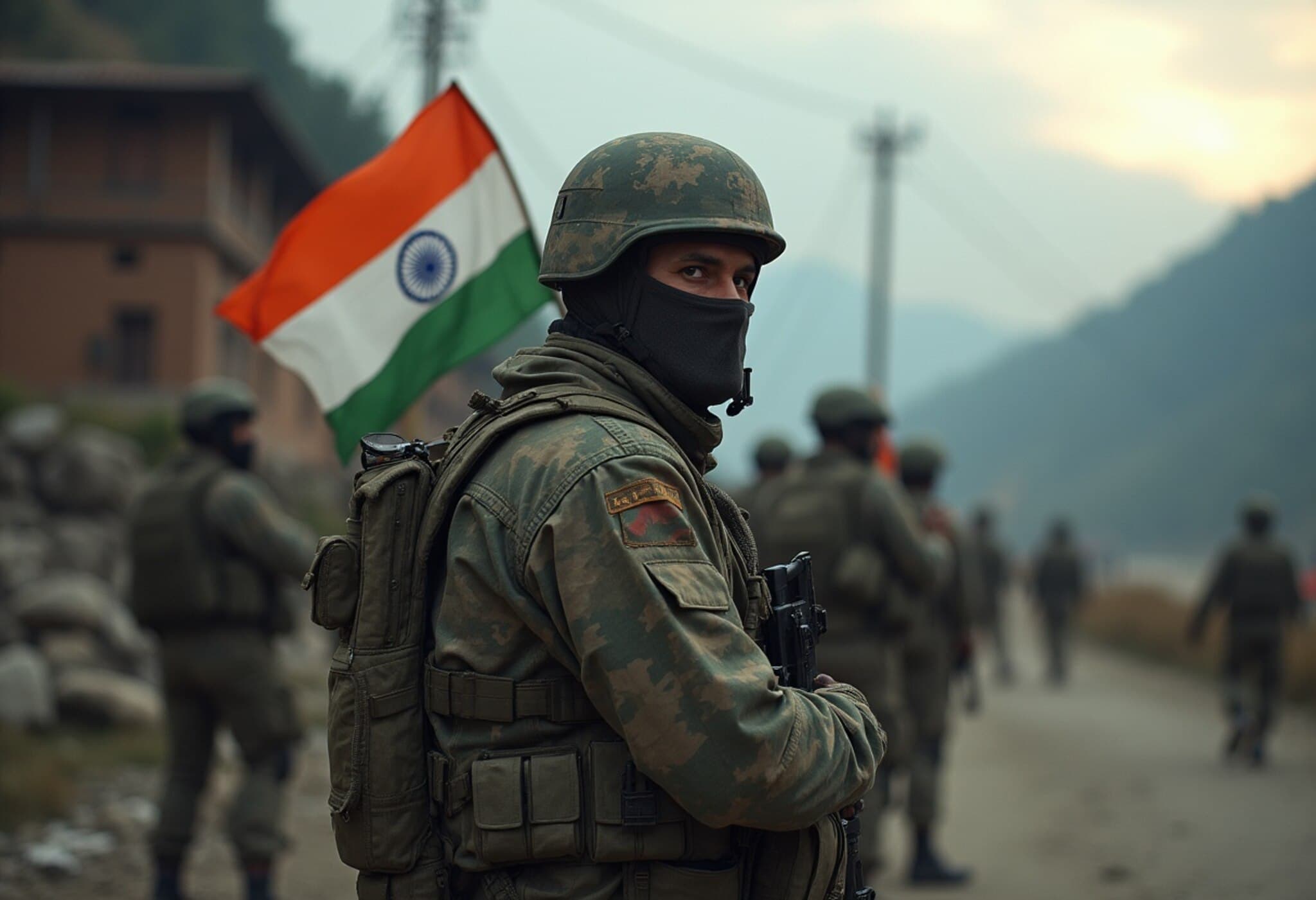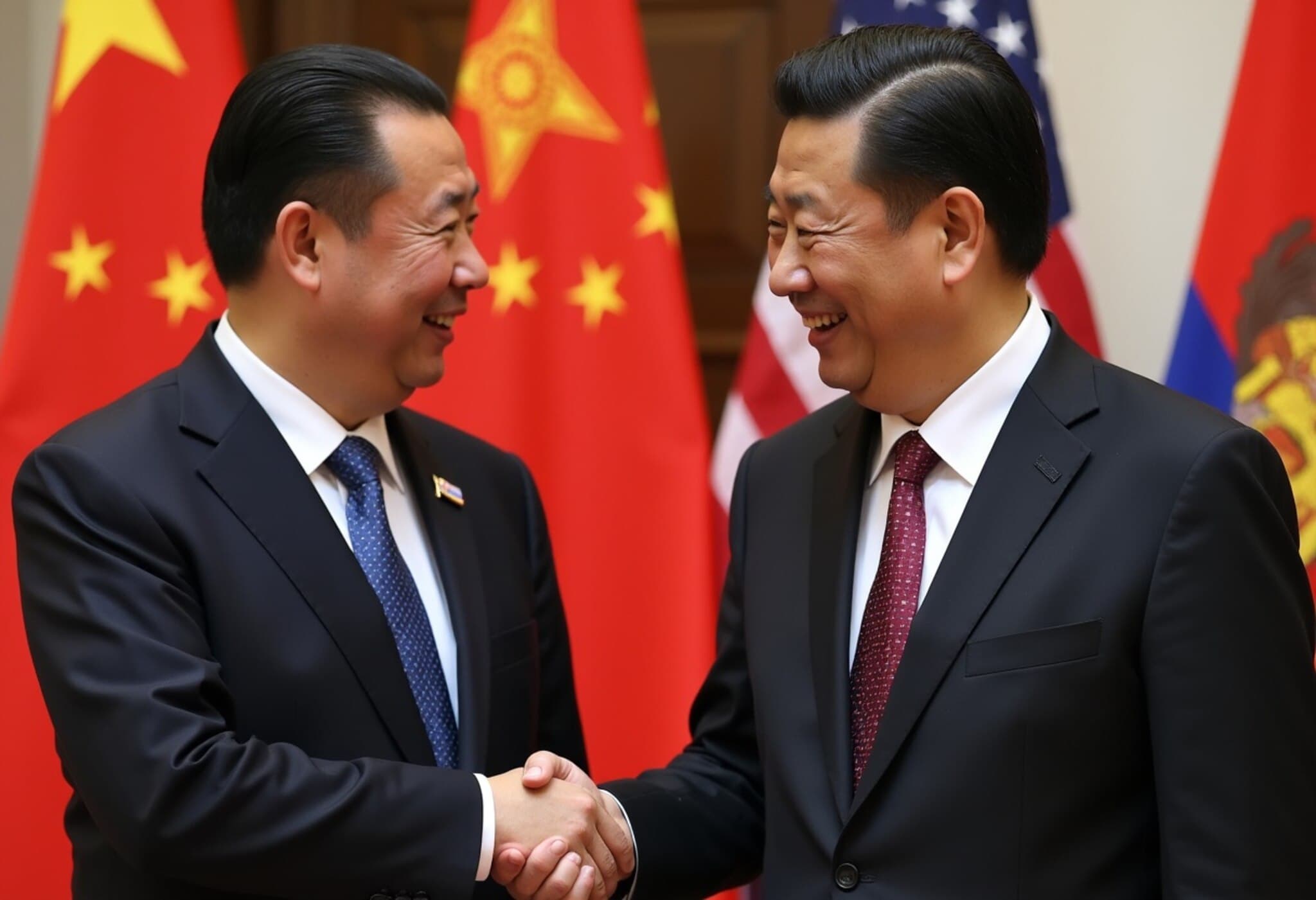India Expedites Chenab Dam Project as Indus Water Treaty Pauses
In the midst of escalating tensions between India and Pakistan, India has announced plans to accelerate the construction of the Kwar Dam, a major hydroelectric project on the Chenab River. This development follows India's suspension of the Indus Waters Treaty, a pivotal 1960s agreement managing water sharing between the two nations.
Context Behind the Treaty Suspension
The Indus Waters Treaty, a landmark accord that has withstood multiple conflicts including wars in 1965, 1971, and 1999, was recently put on hold by India following a deadly terrorist attack in Jammu and Kashmir’s Pahalgam region. In April, gunmen linked to Pakistan-backed groups ambushed tourists, resulting in 26 fatalities. The attack was seen as intertwined with inflammatory speeches by Pakistan’s Army chief, further straining bilateral relations.
Political and Military Backdrop
Since the tragic attack, military hostilities have intensified. India conducted targeted strikes against terror camps in Pakistan-occupied Kashmir and Pakistan mainland, provoking retaliatory assaults on Indian border cities and military bases. This four-day confrontation resulted in considerable damage to Pakistan's air defense capabilities and ultimately compelled Islamabad to seek a ceasefire.
Details of the Kwar Dam Project
Against this complex geopolitical backdrop, India’s push to speed up the Kwar hydroelectric project represents both an infrastructural and strategic maneuver. The project, officially managed by Chenab Valley Power Projects Limited (CVPPL)—a joint venture between NHPC Limited and Jammu & Kashmir State Power Development Corporation—is estimated to cost approximately Rs 4,526 crore.
To help fund this ambitious endeavor, India is reportedly seeking a loan of Rs 3,119 crore from financial institutions, aiming for favorable interest rates. The project boasts a planned 109-metre-high concrete gravity dam located about 28 kilometres from Kishtwar town, targeting an annual generation capacity of 1,975 million units (MU) of electricity.
Project Progress and Timelines
- January 2024 marked a critical milestone with the successful diversion of the Chenab River, which allowed main dam construction to commence.
- Excavation has begun on the main access tunnel, stretching 609 metres in length.
- The foundation stone was laid by Prime Minister Narendra Modi in April 2022, underscoring the political weight of the project.
- Completion is aimed for 2027, promising to bolster energy availability and jumpstart industrial development in Jammu and Kashmir.
Implications for Regional Water Politics and Beyond
This accelerated infrastructure drive comes at a sensitive moment for Indo-Pakistani relations. Water resources in the Indus basin are crucial for millions of people across both countries, feeding agriculture, hydropower, and daily consumption needs. India's move to advance the Chenab project amid treaty suspension sends a clear message about its intent to assert control over water resources flowing from its territory.
From a broader perspective, these water disputes highlight the complex interplay between environmental resources and geopolitical tensions. Experts warn that disrupting longstanding treaties without diplomatic resolution risks further instability in an already volatile region. The situation calls for renewed dialogue and confidence-building measures to prevent escalation.
Expert Insight
Dr. Meera Patel, a South Asian water conflict specialist, notes, "The Indus Waters Treaty has been a rare example of cooperation. Pausing it not only undermines water security but also raises the stakes in a deeply uneasy bilateral relationship. Sustainable solutions must consider both geopolitical realities and the livelihoods of countless communities downstream."
Looking Ahead
The Kwar Dam project exemplifies India’s blend of infrastructure ambition and strategic signaling in Kashmir. As financial, environmental, and diplomatic challenges intertwine, all eyes will be on how this dynamic shapes the future of Indo-Pak relations — and the broader stability of South Asia’s vital river systems.
Editor’s Note
India’s push to expedite the Chenab dam project amid the Indus Waters Treaty suspension raises critical questions about water security, regional stability, and the potential consequences for millions relying on the Indus basin. As tensions simmer between nuclear-armed neighbors, the global community must advocate for renewed dialogue and sustainable water-sharing mechanisms to prevent resource conflicts from erupting into larger crises.



